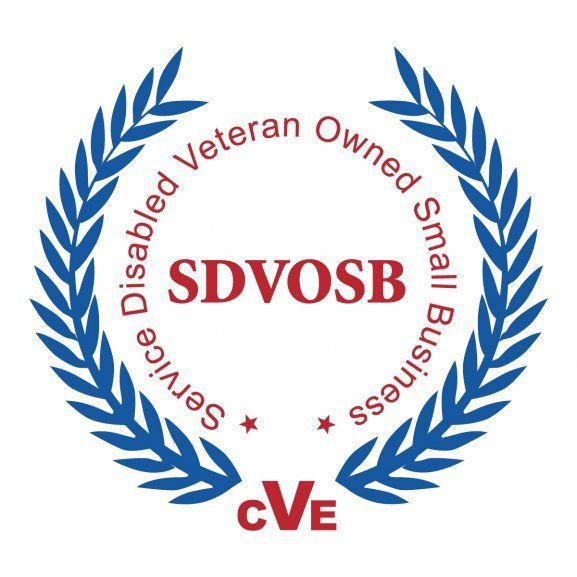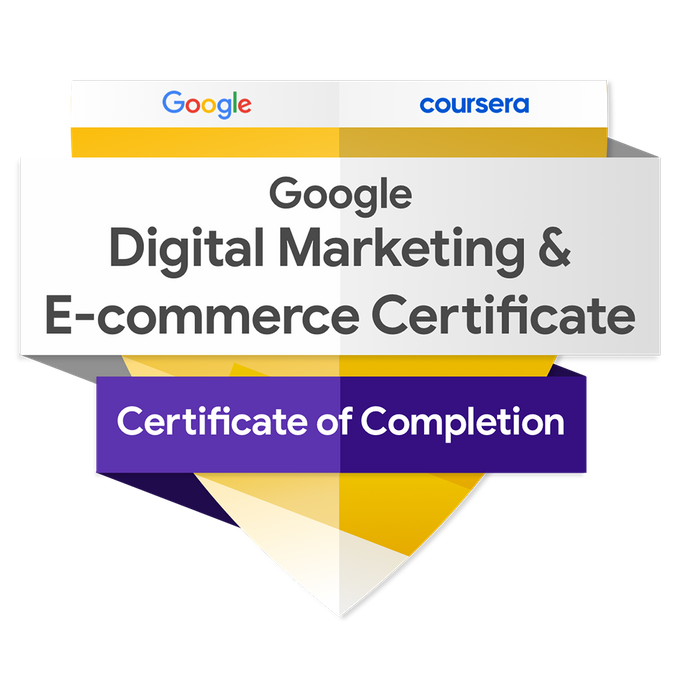Culture Change
Dr. Camera Jones is a constant source of inspiration for me as she creates allegories, analogies and metaphors to address the systems that work against equity. See her TED talk Allegories on race and racism: https://youtu.be/GNhcY6fTyBM
The default belief for most individuals and organizations committed to the ongoing struggle of improving their culture is that information is the foundation of change. But to be clear:
Information is not the equivalent of knowledge and not all knowledge is useful.
Like Oprah and others who love repeating Maya Angelou’s quote "When you
know better, you
do better" it is easy to make generalizations about the value of knowledge. Our faith that knowledge changes behavior is often short sighted if you consider how knowing the calorie content of a donut doesn’t stop us from wanting one. The value of knowledge is varies by the situation and our experience.
We often use the image of an iceberg to represent things that are mostly hidden from view as an example of different types of knowledge. The iceberg is used to represent the different components that are visible like awards and accolades and the ones below the surface of our awareness like culture, experience, behavior and bias. The representation is helpful in describing complex topics but does not address the impact of the iceberg itself. When we learn the content of an iceberg that knowledge does nothing to help us navigate the waters around them. Knowing what made the iceberg would not have saved the Titanic.
When we understand the nature of something we can gain some insight but seeing the context is more valuable in leading to change.
If your organization wants to actually change the culture or just study the nature of what already exists there are proven steps available. Melting the iceberg may be an admirable goal but navigating through the waters is the more pertinent and urgent mission.
As your organization continues to understand your culture, bias and success these steps help navigate to your destination.
Slow down
The book by Nobel Laureate Daniel Kahneman, Thinking, Fast and Slow is an essential read to understand how our thinking is impacted by the amount of time we take to respond. In essence, the faster we respond the more we rely on instinct, bias, feelings and habit. This is the same as going full speed through dangerous waters. The icebergs are more difficult to avoid and can cause more damage. The simple act of adding reflection time between decision and action to any systemic process will improve outcomes and decrease bias.
Listen to your navigator
Every organization has people with expertise and experience but their voice is often muted. The most knowledgeable person about a culture is from the culture. Culture change can no longer rely on the loudest or highest ranking person. To navigate past the bias and the hidden obstacles, the knowledge and understanding of people who have experience in the culture is essential. Inclusion is more than sitting at the table, it is actively contributing. It shouldn’t need saying but these navigators need to be compensated for their experience.
The Captain is responsible
Responsibility may be divided in many situations but the course is ultimately set by an individual. Only one person can have their hand on the wheel at a time. Leadership has the ultimate responsibility for the destination and speed.
Avoiding troubled waters will take more time
Setting a course away from discussions about race, bias, culture and climate is possible and has been the default for many organizations. To finish using this analogy, a course avoiding these icebergs is not possible if your destination is diversity, equity, inclusion or belonging. Organizations have been content reaching destinations that are not equitable. The path to equity requires navigating difficult waters.
You can learn a lot about the icebergs that create culture and accept that most of the culture below the surface you will never understand. The better goal is to understand that seeing and acknowledging the culture leads to the destination of equity, inclusiveness and belonging.
Comments











